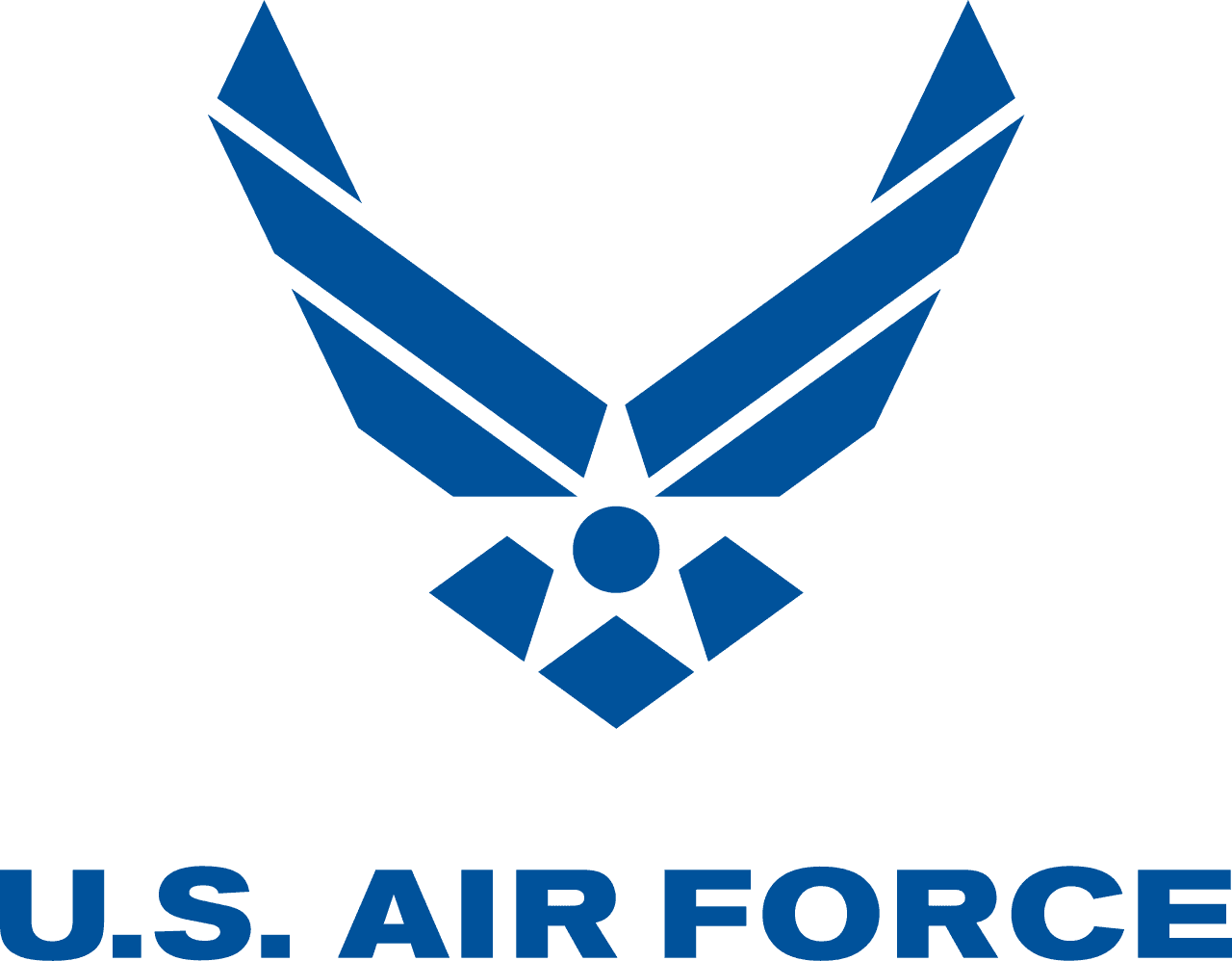Military Medical Equipment Repairers
Overview
What are the responsibilities of this role?
Medical equipment repairers test, adjust, and repair biomedical equipment. They service and maintain medical equipment with mechanical, hydraulic, pneumatic, electronic, digital, optical, and radiological principles. They may work on patient monitors, defibrillators, ventilators, anesthesia machines, and other life-supporting equipment, as well as medical imaging equipment (x-rays, CAT scanners, and ultrasound equipment), voice-controlled operating tables, and electric wheelchairs. To do their work, medical equipment repairers use a variety of tools, including specialized test-equipment software.
What is the work environment like?
Medical equipment repairers work in medical centers, clinics, and hospitals on land or aboard ships.
How many people have this role in the Military?
22,964
Compensation
Understanding How Military Pay is More Than Just a Salary
Base pay is the standard income you’ll earn as a service member, providing a stable foundation to start achieving your financial goals.
- Always fixed based on rank and service time.
- Distributed monthly.
What is the typical salary range?
$53,478
$72,053
$96,866
Military Details
What Service Branches offer this role?
Is this a staff or leadership role?
What does the training for this role entail?
All enlisted service members complete basic military training, which includes time spent in a classroom and in the field, and covers tactical and survival skills, physical training, military life and customs, and weapons training. Medical equipment repairers in the Military will gain skills through classroom study and on-the-job experience. Job-specific training may include:
- Principles of electronics
- Maintenance and repair procedures
- Use of electrical and electronic test equipment
Education
What level of education do professionals in this role have?
Which college majors best prepare you for this role?
- Biomedical Technology/Technician
Learn About How Military Can Pay for 100% of your College Degree
Skills and Interests
What knowledge is essential to bring to the table?
- Mechanical
- Customer and Personal Service
- Computers and Electronics
- Engineering and Technology
- Mathematics
What personality traits help people thrive in this role?
You love hands-on work and solving practical problems — like fixing things and building stuff.
You like structure, staying organized, and working with systems to get things done efficiently.
You love figuring out how things work and researching subjects that interest you.
RIASEC represents six broad interest areas—Realistic, Investigative, Artistic, Social, Enterprising and Conventional—helping individuals identify careers that match their skills and preferences.
Take the RIASEC TestData supplied by Bureau of Labor Statistics, National Center of Education Statistics, Defense Manpower Data Center (View our update schedule). Contact any business, college or military service branch to answer additional questions.


